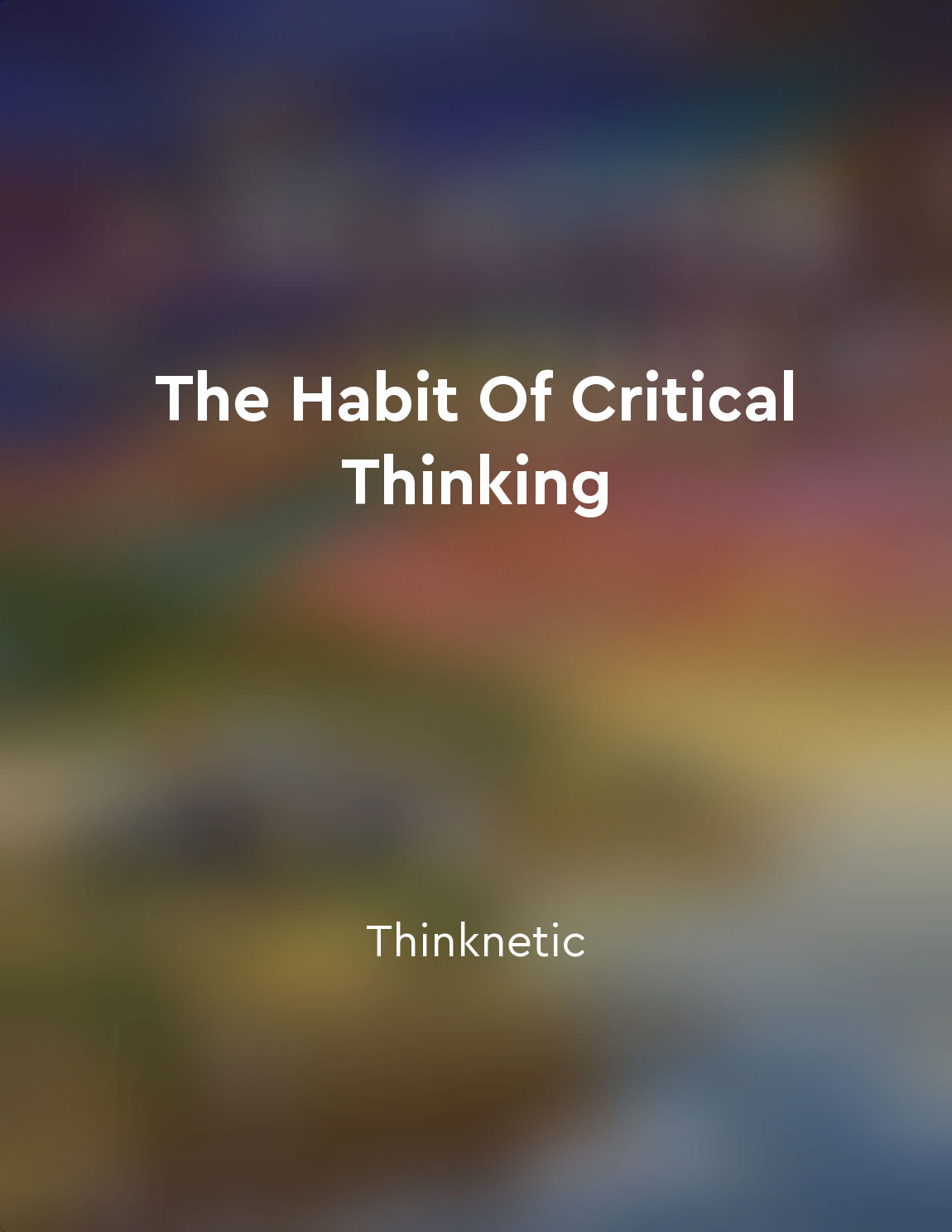Deconstruction in literary theory from "summary" of Derrida and Deconstruction by Hugh J. Silverman
Deconstruction in literary theory challenges traditional ways of reading and interpreting texts. It seeks to uncover the inherent contradictions and complexities within a text, revealing the multiple meanings and interpretations that exist beyond the surface level. This approach was popularized by French philosopher Jacques Derrida, who argued that language is inherently unstable and that meaning is always deferred. Derrida believed that language is a system of differences, where words gain meaning through their relation to other words. This means that there is no fixed or final interpretation of a text, as meaning is always in flux. Deconstruction aims to disrupt traditional binary oppositions, such as presence/absence, speech/writing, and reality/fiction, by revealing the underlying tensions and contradictions within these oppositions. One of the key techniques of deconstruction is to examine the way in which language undermines itself. Derrida coined the term "differance" to describe the process by which meaning is constantly deferred and never fully present. This concept challenges the idea of a stable, objective truth, suggesting instead that meaning is always contingent and context-dependent. Deconstruction also emphasizes the importance of context in interpreting a text. Derrida argued that meaning is always shaped by the historical, cultural, and social context in which it is produced. This means that a text can never be fully understood in isolation, but must be situated within its larger context to reveal its full complexity.- Deconstruction in literary theory seeks to challenge the notion of a fixed, authoritative interpretation of a text. By highlighting the inherent instability and complexity of language, deconstruction opens up new possibilities for reading and interpreting texts, inviting readers to engage with the multiple meanings and perspectives that exist within a text.
Similar Posts
Importance of vocabulary building
Having a strong and diverse vocabulary is essential for language learners. Vocabulary building plays a crucial role in improvin...

Stay objective
To stay objective means to approach a situation or issue without being influenced by personal feelings, biases, or opinions. It...
Recognizing students as cocreators of knowledge
Recognizing students as cocreators of knowledge is a fundamental concept in Freire's pedagogy. It challenges traditional notion...
Impact of literature on culture
Literature holds a significant position in shaping the culture of a society. It acts as a mirror reflecting the values, beliefs...
Surround yourself with a languagerich environment to facilitate learning
To enhance your learning process, it is crucial to immerse yourself in a language-rich environment. This environment consists o...
Science and technology have impacted literary themes
Science and technology have played a significant role in shaping literary themes throughout history. The advancements in these ...
Deconstruction and the decentering of the subject
Derrida's concept of deconstruction involves a critical analysis of the fundamental assumptions underlying Western philosophy. ...
Textuality and intertextuality
Textuality refers to the idea that texts are not self-contained entities, but rather are interconnected with other texts. This ...
Strategies for tackling reading passages effectively
To effectively tackle reading passages, it is crucial to first understand the structure and content of the passage. Before divi...

